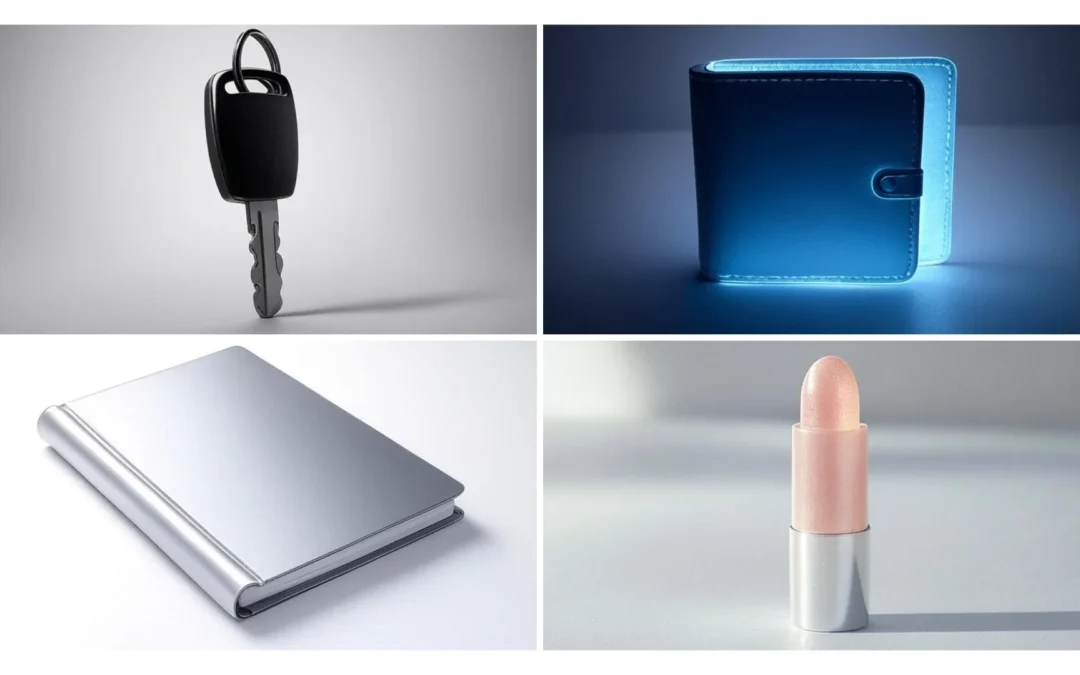Everyone uses personal items in their daily lives, often without even thinking about them. From the moment you wake up to the time you go to sleep, these belongings make routines easier, safer, and more comfortable. Whether you’re packing for a trip, moving into a new home, or just trying to get more organized, having a complete list of personal items is helpful. This guide covers the top 100 personal items people use, including explanations, synonyms, and tips on choosing what’s right for you. If you’re curious about what should go on your checklist, you’ll find everything you need right here.
What Are Personal Items?
Personal items are belongings that individuals use regularly for hygiene, comfort, health, grooming, convenience, or self-expression. These are usually small enough to carry or keep close, and they often serve practical, emotional, or personal needs. Personal items can range from everyday essentials like wallets and keys to more specific products such as cosmetics or tech gadgets. For many, these objects are part of daily routines and can vary based on lifestyle, age, or culture.
Examples of Personal Items
1. Wallet
A wallet is a small, foldable case used to carry cash, credit cards, and identification. Most people keep it in their pocket or bag for convenience and security.
2. Keys
House, car, and office keys are essential for access and safety. Many people use a keychain to keep them together.
3. Mobile Phone
Phones are personal devices used for communication, work, entertainment, and staying connected.
4. Watch
Watches are worn on the wrist to tell time. Some people prefer smartwatches that offer extra features.
5. Eyeglasses
Prescription glasses or sunglasses are used for vision correction or eye protection.
6. Notebook or Journal
A small notebook helps with note-taking, planning, or recording thoughts.
7. Pen
Pens are simple but essential for writing, signing documents, or filling out forms.
8. Hand Sanitizer
Portable hand sanitizers help keep hands clean, especially when soap and water aren’t available.
9. Lip Balm
Lip balm soothes dry lips and provides moisture. Many people keep one in their pocket or bag.
10. Medication
Prescription or over-the-counter medication is a critical personal item for those who need it regularly.
11. Tissues
A small packet of tissues is useful for hygiene and unexpected spills.
12. Comb or Hairbrush
Used for grooming hair and keeping it neat.
13. Deodorant
Deodorant or antiperspirant helps control body odor and keep you feeling fresh.
14. Earbuds or Headphones
People use headphones for listening to music, podcasts, or making phone calls privately.
15. Charger or Power Bank
Keeping devices charged is important, so most people carry a phone charger or a portable battery.
16. Reusable Water Bottle
A personal water bottle encourages hydration and reduces waste.
17. Face Mask
Many people carry masks for health, especially in public spaces or while traveling.
18. Makeup
This includes foundation, mascara, or lipstick, often carried in a small pouch.
19. Perfume or Cologne
A travel-sized bottle keeps you smelling fresh on the go.
20. Hand Cream
Hand lotion is great for dry skin, especially in cold weather.
21. Mirror
A small compact mirror is handy for checking your appearance.
22. Nail Clippers
Personal grooming tools like nail clippers keep hands and feet tidy.
23. Bandages
Small adhesive bandages are useful for minor cuts and scrapes.
24. Gum or Mints
These help keep your breath fresh throughout the day.
25. ID Card
An identification card is essential for travel, work, or security checks.
26. Toothbrush and Toothpaste
A travel toothbrush and mini toothpaste are good for trips or long days out.
27. Sunscreen
Portable sunscreen protects your skin from UV rays, especially outdoors.
28. Cash
While cards are common, a small amount of cash can be helpful in emergencies.
29. Book or E-Reader
Some people carry a book or e-reader for entertainment during downtime.
30. Planner or Calendar
A physical planner helps keep track of appointments and important dates.
Top 100 Personal Items List
- Wallet
- Keys
- Mobile phone
- Watch
- Eyeglasses
- Sunglasses
- Notebook
- Pen
- Hand sanitizer
- Lip balm
- Medication
- Tissues
- Comb
- Hairbrush
- Deodorant
- Headphones
- Charger
- Power bank
- Water bottle
- Face mask
- Makeup
- Perfume
- Hand cream
- Mirror
- Nail clippers
- Bandages
- Gum
- Mints
- ID card
- Toothbrush
- Toothpaste
- Dental floss
- Sunscreen
- Cash
- Book
- E-reader
- Planner
- Calendar
- Pocket knife
- Lighter
- Safety pins
- Sewing kit
- Hair ties
- Bobby pins
- Travel pillow
- Earplugs
- Sleep mask
- Travel-size lotion
- Compact umbrella
- Wet wipes
-
Business cards
-
Small snack
-
Chewing gum
-
Allergy medication
-
Contact lenses
-
Contact lens solution
-
Glasses case
-
Phone case
-
Screen cleaning cloth
-
USB drive
-
Memory card
-
Passport
-
Boarding pass
-
Ticket or event pass
-
Emergency whistle
-
Mini flashlight
-
Breath freshener spray
-
Small perfume atomizer
-
Portable fan
-
Travel deodorant
-
Travel soap
-
Pocket mirror
-
Blotting papers
-
Nail file
-
Tweezers
-
Small scissors
-
Bandana
-
Scarf
-
Gloves
-
Hat
-
Chapstick
-
Disinfecting wipes
-
Travel comb
-
Safety mask
-
Eye drops
-
Thermometer
-
First aid kit
-
Small towel
-
Toothpick
-
Folding bag
-
Coin purse
-
Loyalty cards
-
Membership cards
-
Student ID
-
Credit card
-
Debit card
-
Driving license
-
Medical alert card
-
Emergency contact list
-
Spare house key
Synonyms for Personal Items
-
Belongings
-
Possessions
-
Essentials
-
Everyday carry
-
Private items
-
Handhelds
-
Necessities
How to Prioritize Your Personal Items
Everyone’s needs are different, so your personal items list should fit your lifestyle. Start by focusing on safety and health items—such as medication, ID, or hygiene products. Next, think about convenience items you use daily, like your wallet, keys, and phone. Then, add things that make your day easier or more comfortable, such as lip balm, hand sanitizer, or headphones.
If you’re packing for a trip, stick to travel-size versions where possible. For work or study, items like a planner, pens, or business cards might take priority. If you’re someone who spends time outdoors, sun protection, water bottles, and a small first aid kit may move up your list.
Remember: if you’re ever unsure, ask yourself, “Do I use this every day or often enough that I’d miss it?” If the answer is yes, it’s probably essential.
Choosing the Right Items for Travel
When you’re away from home, the right personal items can make your journey smoother. Focus on multi-purpose products and keep everything compact. Pack only what you really need. For example, a good power bank helps keep your phone and other devices charged. Wet wipes, tissues, and a reusable water bottle are must-haves for long trips.
Travelers should always bring copies of important documents, like passports and insurance cards. Comfort items, such as a travel pillow or sleep mask, can help on flights or long rides. Always check regulations for what you can bring if you’re flying – especially liquids and sharp objects.
Keeping your personal items organized is key. Use pouches, bags, or organizers to separate hygiene items, electronics, and documents. This makes it easier to find what you need quickly.
How Personal Items Reflect Your Lifestyle and Values
Look around at the personal items you carry each day. Your choices say a lot about you. They can show what you care about, how you spend your time, and even what you value most. For some, a well-worn family photo or a religious medal is always in their wallet. For others, a favorite brand of pen or a trusty pocketknife goes everywhere with them.
Everyone has different priorities. A busy mom might never leave home without wipes, snacks, and a spare set of keys. A high school student often keeps headphones, a phone charger, and a student ID close at hand. An older adult may carry medications, reading glasses, and emergency contacts. What you carry is shaped by your needs, your habits, and your stage in life.
Personal items are also about comfort and preparedness. Many people keep a small hand sanitizer or packet of tissues within reach. Some carry little things that make them feel calm, like a smooth stone, a prayer card, or a lucky coin. These details may seem minor, but in a tough moment, they make a real difference.
Sometimes, your personal items change as your life changes. Moving to a new city, starting a new job, or dealing with health issues can shift what you carry. Many people update their personal checklist every few years, dropping things that are no longer needed and adding new essentials.
Personal items are also a way to stay true to yourself. They can show your style or sense of humor, like a phone case with a favorite team’s logo or a keychain from a special trip. Over time, these small choices add up. They tell your story, even if you don’t say a word.
There’s real value in stopping to think about what you carry. Are your items useful, or are you holding onto things out of habit? Do you feel prepared for your daily routine? Taking stock of your personal belongings once in a while can lead to less clutter and more peace of mind.
In the end, your personal items are just that – personal. They fit your life, your values, and your daily needs. Keeping the right things with you makes every day smoother and reminds you of what matters most.
Organizing and Maintaining Your Personal Items
A little organization goes a long way. Regularly clean out your bag, wallet, or purse to remove unused or expired items. Replace empty products, toss out old receipts, and check that all cards and documents are up to date.
Consider using organizers or small pouches to group similar items – one for hygiene, one for tech, and another for snacks or medications. This way, you’ll always know where to find what you need. A dedicated spot near your front door for keys, wallet, and mask can prevent morning rush frustration.
At home, store backup personal items like spare chargers, extra toothbrushes, or a small supply of travel toiletries. It’s smart to have duplicates for items you’re likely to misplace.
Final Thoughts
Personal items may seem small, but they play a big role in everyday life. By taking a few minutes to create your own personal items checklist, you can reduce stress and stay prepared wherever you go. Review the top 100 list, adapt it to your needs, and update it as your life changes. Whether you’re heading out for the day or planning a major trip, knowing you have everything you need can give you peace of mind and confidence.
Read also
The Most Popular on BitGlint
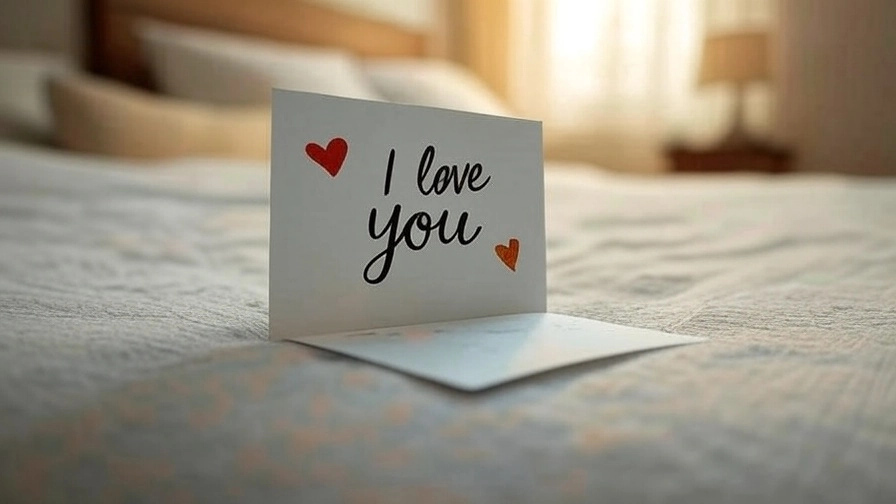
30 Emotional Pleasure Examples & Meaning
Emotional pleasure comes from experiences that satisfy the heart, not just the senses. It’s the feeling you get when...

30 Vice Versa Examples & Meaning
The phrase vice versa is short, but it carries a lot of meaning. You’ve probably heard it in daily conversations, read...
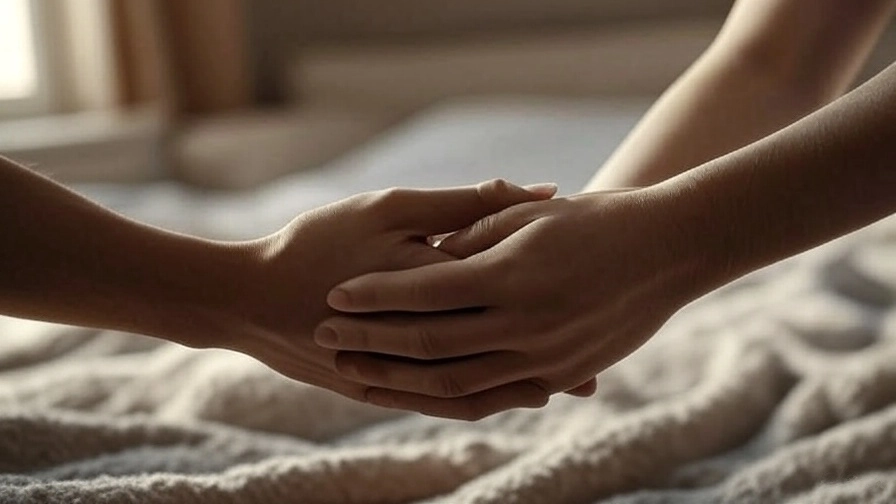
Top 30 Intimacy Examples & Meaning
Intimacy goes beyond physical touch or romantic moments. It’s about closeness, trust, and connection. In everyday...

20 Political Theories: List & Explanation
Political theory helps us make sense of how power works. It gives us the words to ask hard questions - like who should...
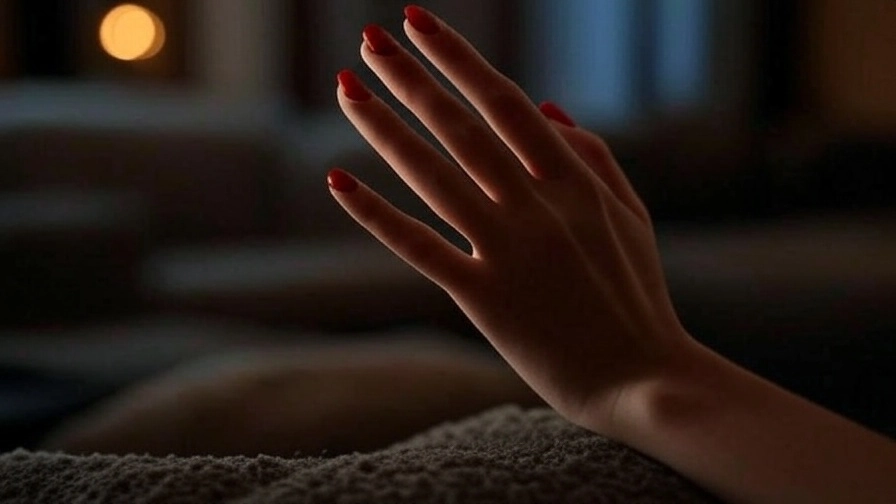
50 Lust Examples & Definition
Lust is one of the most intense and misunderstood human experiences. It can feel thrilling, distracting, or even...
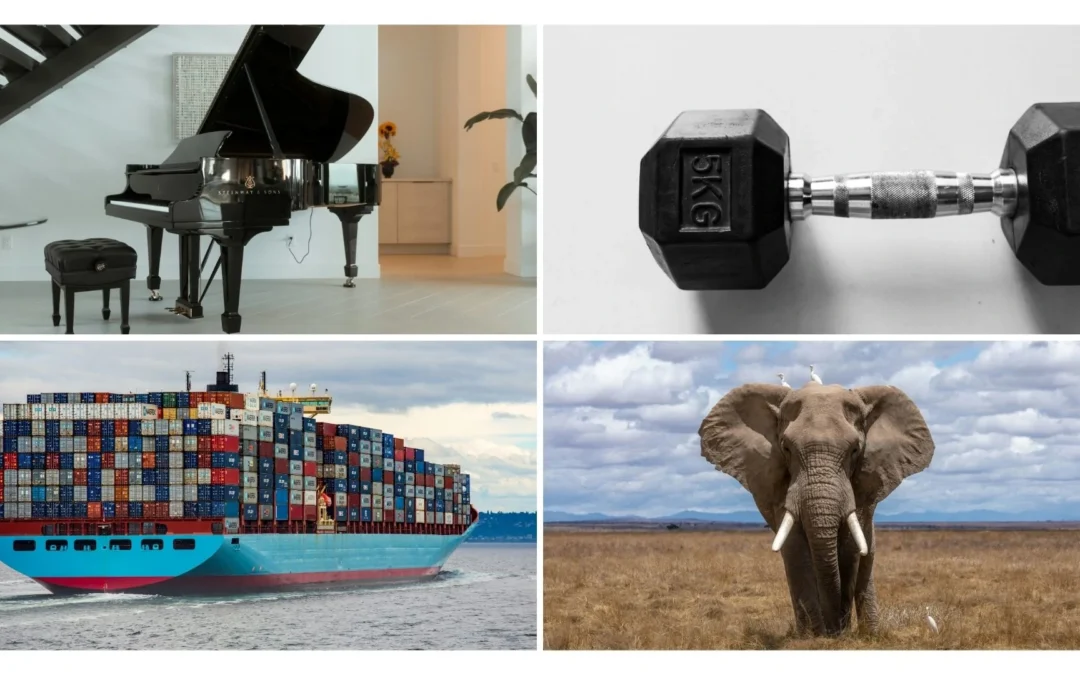
100 Heavy Things List
Some things in life are just heavy. You know it when you try to lift them. It could be a steel beam, a couch, a full...

30 Sensuality Examples & Meaning
Sensuality is a part of human life that affects how people experience pleasure, emotion, and connection. It's often...
Get Inspired with BitGlint
The Latest
30 Longevity Examples & Meaning
Longevity is a word we hear often, but few stop to think about what it really means. Most people connect it with a long life. But longevity is more than just the number of years someone lives. It also applies to things that last—ideas, traditions, relationships,...

30 Teasing Examples & Definition
Teasing is a common part of human interaction. People tease in different ways, for different reasons. Sometimes it is friendly. Sometimes it can hurt feelings. Understanding what teasing means and seeing clear examples helps everyone handle these moments better....
30 Doubt Examples & Meaning
Everyone experiences doubt. It can show up in small everyday choices or big life decisions. Sometimes it’s a quiet pause. Other times, it can feel overwhelming. You might doubt your actions, your thoughts, or even yourself. But what is doubt, really? Why does it...
Top 30 Technological Advancements Examples Shaping Our Future
In the rapidly evolving landscape of the 21st century, technological advancements have become the driving force behind transformative changes, reshaping the way we live, work, and connect with the world. From the realms of artificial intelligence to the frontiers of...

